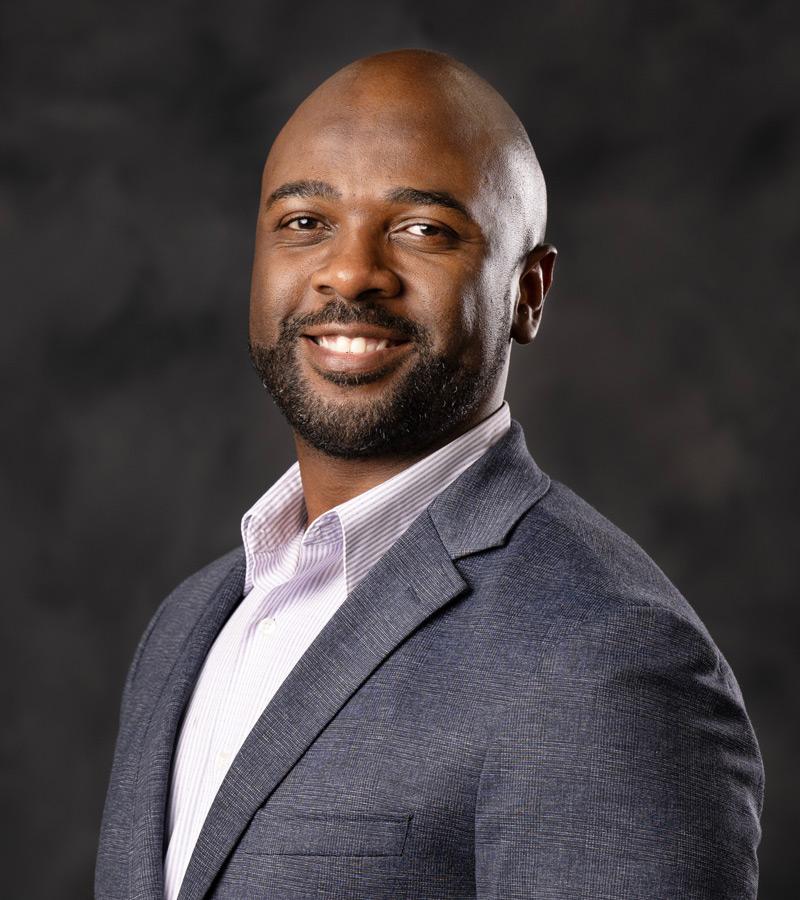School Psychology
The Educational Specialist degree in School Psychology is based on a scientist-practitioner model with a cognitive-behavioral focus. Training is provided in assessment, consultation, academic interventions, behavior assessment, system-wide and individualized positive behavior interventions and supports, applied behavior analysis, and single-case research methodology so students in the program can identify, prevent, and remedy students’ academic, behavioral, and psychosocial problems.
Those who seek a concentration in School Psychology will focus on work in schools and related systems of care to support the behavioral/mental health and educational success of children and youth. In addition to foundational courses, students will learn to use their knowledge and skills to provide services to learners and the systems and agencies that serve them and their families including:
- Individuals from birth to young adulthood presenting learning or behavior problems, mental disorders evident in infancy, childhood, or adolescence, and those with specific disabilities, chronic, or acute conditions of childhood and adolescence
- Families who request services and assistance with academic and behavioral problems at home and at school
- Organizations and agencies, teachers, and other adults to enhance healthy relationships and environments that promote learning and development
The curriculum is designed with academic and experiential components and is approved by the National Association of School Psychologists (NASP) Program Approval Board (School Psychology concentration only) and lead to licensure/credentials in the appropriate concentration.
Students in the School Psychology Ed.S. program should expect to develop critical thinking and application skills to prepare them to complete a 1200-hour internship as part of their curricular requirements. This internship, completed under supervision of licensed professionals, will allow students to further develop their knowledge and skills in a school setting to address the needs of a variety of individuals.
Students should have the following undergraduate courses before entering the concentration in either School Psychology or Psychometry:
- Psychological basis of behavior (e.g., Introductory Psychology)
- Developmental psychology (e.g, Child Development)
- Educational, learning, or cognition (e.g., Theories of Learning)
As students move through the Ed.S. program with a concentration in School Psychology, they are required to complete the requirements for the M.S. degree in Psychometry and obtain an AA license in Psychometry from the Mississippi Department of Education.
Admission Requirements
- A completed graduate application. Click HERE to access this directly.
- Statement of purpose detailing your professional goals and how those goals fit the program to which you are applying.
- Names and email addresses for three references including two professional contacts and one instructor/professor who can speak to your academic ability. The admissions office will send them a link to an online reference form. Do not list family members and please inform your references so they can expect to be contacted by the admissions office.
- A minimum 3.0 GPA (bachelor’s degree) for admission to M.S. program and a recommended minimum 3.3 GPA (master’s degree) for admission to the Ed.S. and program.
- Participation in an interview.
- Current medical immunization record.
All documentation and official transcripts must be submitted to the graduate school for the Ed.S. degree program.
Advisors

